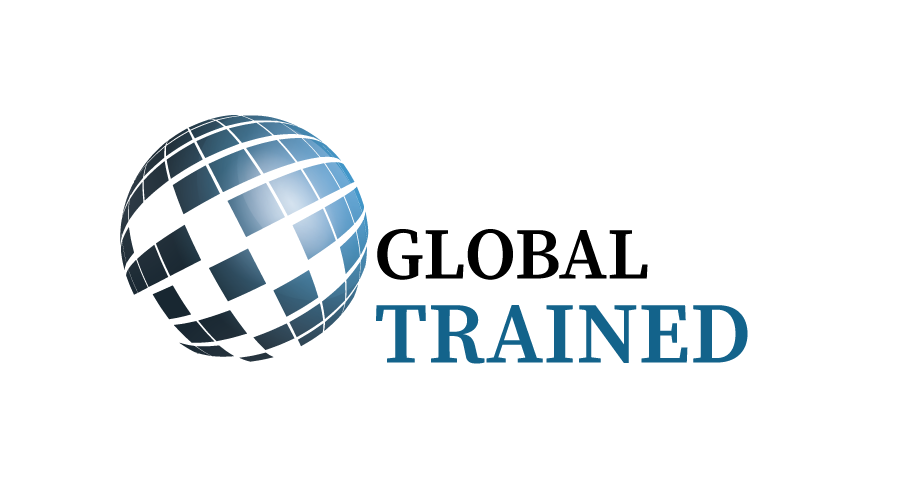Introduction:
Medical billing collection agencies play a significant role in the healthcare industry, tasked with the responsibility of recovering unpaid medical debts on behalf of healthcare providers. However, for patients navigating the complexities of medical billing and debt collection, understanding how these agencies operate and their impact on financial well-being is crucial. In this article, we’ll delve into the world of medical billing collection agencies, exploring their functions, practices, and implications for patients.
- What is a Medical Billing Collection Agency?
- A medical billing collection agency is a third-party entity hired by healthcare providers to pursue unpaid medical debts from patients.
- These agencies specialize in debt collection and employ various strategies to recover outstanding balances, including phone calls, letters, and, in some cases, legal action.
- How Do Medical Billing Collection Agencies Work?
- After a patient’s medical bill becomes delinquent, the healthcare provider may choose to enlist the services of a collection agency to pursue payment.
- The collection agency typically contacts the patient via phone, mail, or email to inform them of the outstanding debt and request payment.
- If the patient fails to respond or arrange payment, the collection agency may escalate its efforts, which can include reporting the debt to credit bureaus, initiating legal proceedings, or garnishing wages.
- Practices and Regulations:
- Medical billing collection agencies are subject to regulations outlined in the Fair Debt Collection Practices Act (FDCPA), which prohibits abusive, deceptive, or unfair practices in debt collection.
- Under the FDCPA, patients have rights, including the right to dispute the debt and request verification of the amount owed.
- Collection agencies must adhere to strict guidelines when contacting patients, including restrictions on the timing and frequency of communication and prohibitions against harassment or threats.
- Impact on Patients:
- Dealing with a medical billing collection agency can be stressful and intimidating for patients already facing financial difficulties.
- Patients may experience negative consequences from unpaid medical debts, including damage to their credit score, harassment from collection agencies, and potential legal action.
- Additionally, medical debt can have long-term implications for patients’ financial stability and well-being, affecting their ability to access credit, obtain loans, or secure housing.
- What Patients Should Know:
- If contacted by a medical billing collection agency, patients should review the debt carefully and request verification of the amount owed.
- Patients have the right to negotiate with collection agencies to settle their debts, including requesting payment plans or discounts.
- Seeking assistance from a consumer advocacy organization or legal professional can help patients navigate the complexities of medical debt collection and protect their rights.
Conclusion:
Medical billing collection agencies play a significant role in the healthcare ecosystem, tasked with the challenging job of recovering unpaid medical debts. For patients, understanding how these agencies operate and their rights when dealing with debt collection is essential. By advocating for themselves, seeking assistance when needed, and exploring options for resolving medical debts, patients can navigate the challenges of medical billing collection agencies and protect their financial well-being.

